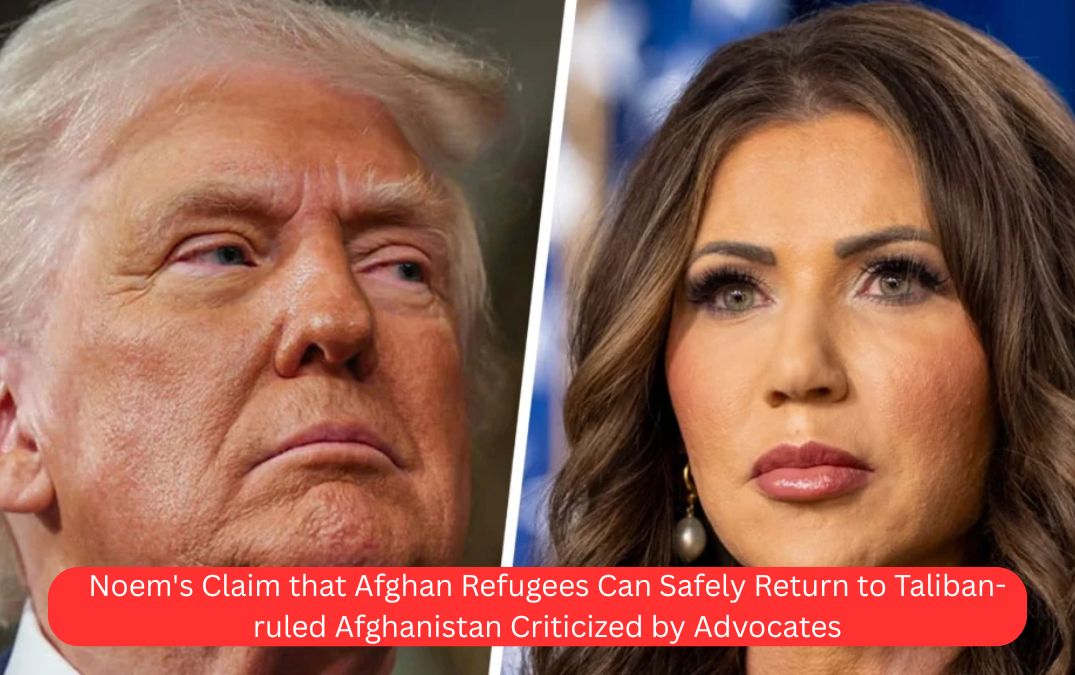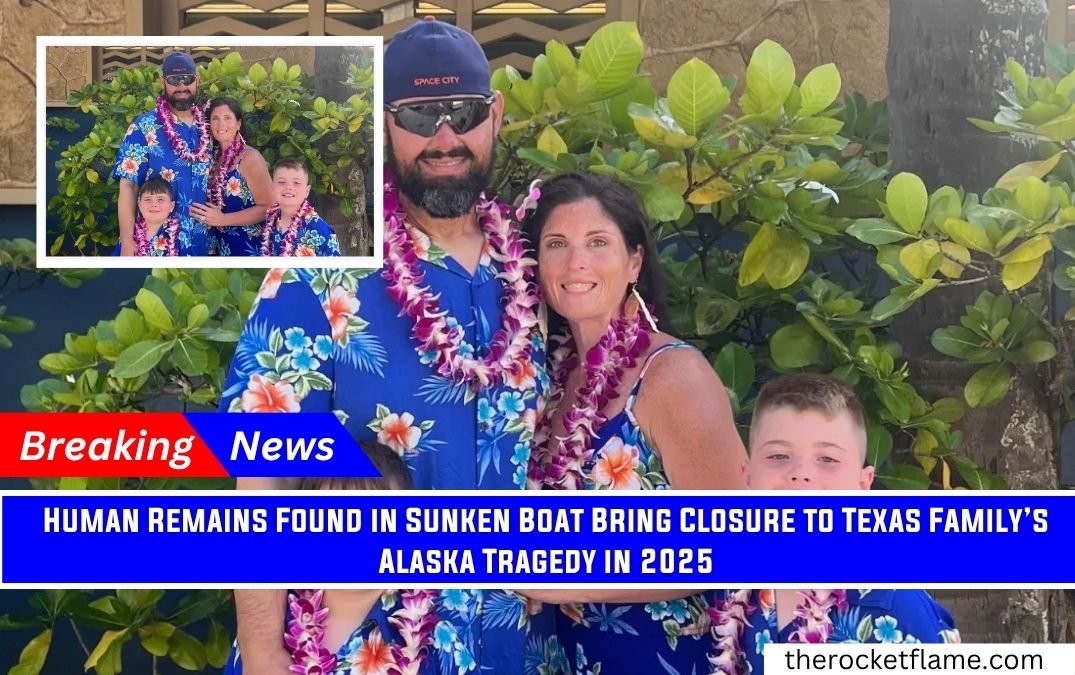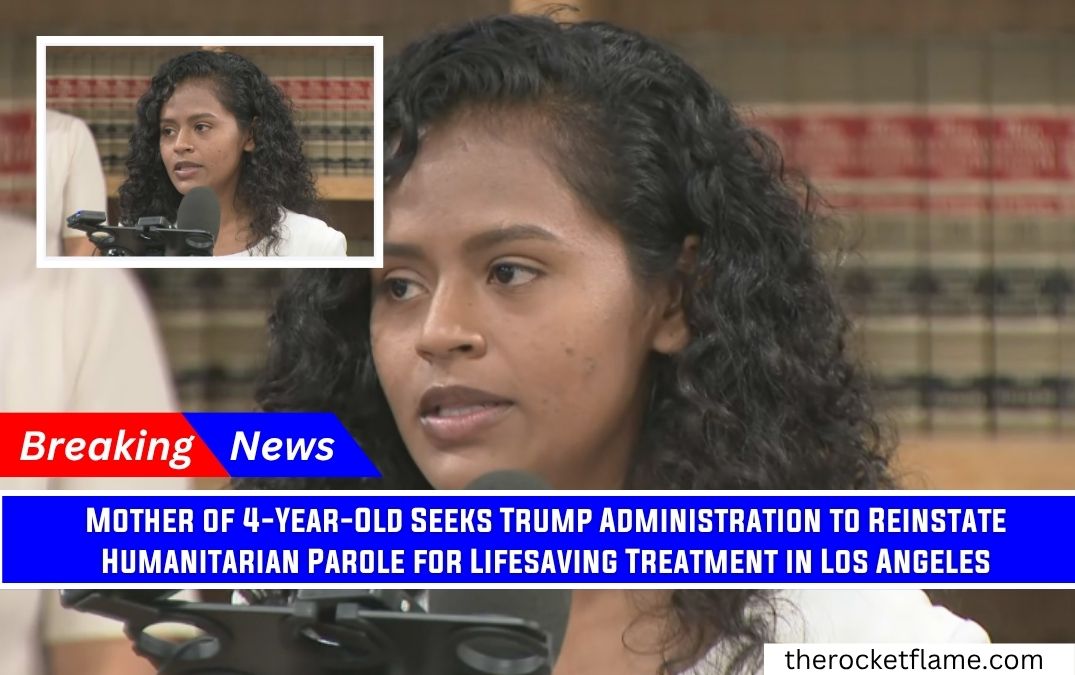The Trump administration’s recent decision to revoke Temporary Protected Status (TPS) for Afghan refugees has sparked significant backlash from lawmakers and human rights organizations.
They argue that the claim of a “safe” return to Afghanistan under Taliban rule is both unrealistic and dangerous for those who supported the U.S. military.
What Happened
On May 14, 2025, the Department of Homeland Security (DHS), led by Secretary Kristi Noem, announced the cancellation of TPS for thousands of Afghan refugees residing in the United States.
Noem argued that Afghanistan’s security situation had improved, and its economy was stabilizing, making it no longer eligible for TPS designation.
This decision has ignited a fierce debate about the safety of Afghan refugees, particularly those who worked with the U.S. military during the 20-year war against the Taliban.
Key Details
The decision to revoke TPS was based on the DHS’s assessment of Afghanistan’s situation, which they described as improved. However, many lawmakers, including some Republicans, and advocacy groups have rejected this assessment, citing ongoing threats to human rights and widespread poverty in Afghanistan.
Despite DHS’s claims, aid organizations such as the World Food Programme report record levels of malnutrition among Afghan children.
Additionally, the Taliban’s human rights abuses continue unabated, with reports of violence, persecution, and discrimination against various groups, including journalists, women, and those with ties to the U.S.
Reactions or Statements
Several lawmakers have expressed their outrage at the decision, warning that it would jeopardize the lives of Afghan refugees who had supported the U.S. military and risked their lives for the American cause.
Democratic Representative Jason Crow of Colorado, a veteran of the Iraq War, called the move “cruel and wrong,” adding that it exposed Afghan allies to further danger.
Senator Jeanne Shaheen of New Hampshire condemned the decision as a betrayal, emphasizing the evidence of Taliban retaliation against those who aided the U.S. during its involvement in Afghanistan.
She described the move as “morally indefensible.”
Human rights groups also raised alarms, with Eleanor Acer of Human Rights First calling the administration’s stance “absurd.” She stressed that many Afghans, especially women’s rights defenders, human rights advocates, and journalists, would face deadly consequences if forced to return.
Investigation or What’s Next
As the decision is met with continued resistance, lawmakers and advocacy groups are calling for a reversal of the TPS revocation. They argue that the U.S. government must protect its Afghan allies and continue to offer refuge to those facing life-threatening persecution under the Taliban regime.
The Biden administration has yet to announce any official steps to address the situation, though the pressure from both parties in Congress and various humanitarian organizations is growing.
FAQs
1. What is Temporary Protected Status (TPS)?
TPS is a humanitarian relief program that allows nationals of certain countries facing ongoing conflict, environmental disasters, or other extraordinary conditions to remain in the U.S. temporarily.
2. Why did the Trump administration end TPS for Afghan refugees?
The Trump administration claimed that Afghanistan’s security and economic conditions had improved, making the country safe for refugees to return.
3. What threats do Afghan refugees face if forced to return?
Afghans, particularly those who worked with U.S. military forces, are at risk of persecution, imprisonment, and execution by the Taliban. Human rights advocates, journalists, women’s rights defenders, and religious minorities are especially vulnerable.
4. How are lawmakers responding to this decision?
Lawmakers from both parties, including Democratic Rep. Jason Crow and Republican Rep. Michael McCaul, have expressed concern for the safety of Afghan refugees and called for a reassessment of the decision.
5. What actions are being taken to protect Afghan refugees?
Human rights organizations and lawmakers are advocating for a reversal of the TPS revocation and continued protection for Afghan refugees who face life-threatening conditions in their home country.
Summary / Final Takeaway
The decision by the Trump administration to revoke Temporary Protected Status for Afghan refugees has sparked widespread criticism.
Human rights groups and lawmakers argue that the claim of a “safe” return to Taliban-ruled Afghanistan is unrealistic and puts many refugees, particularly those who aided the U.S. military, at grave risk. As the situation develops, the pressure on the U.S. government to protect its Afghan allies remains strong.












